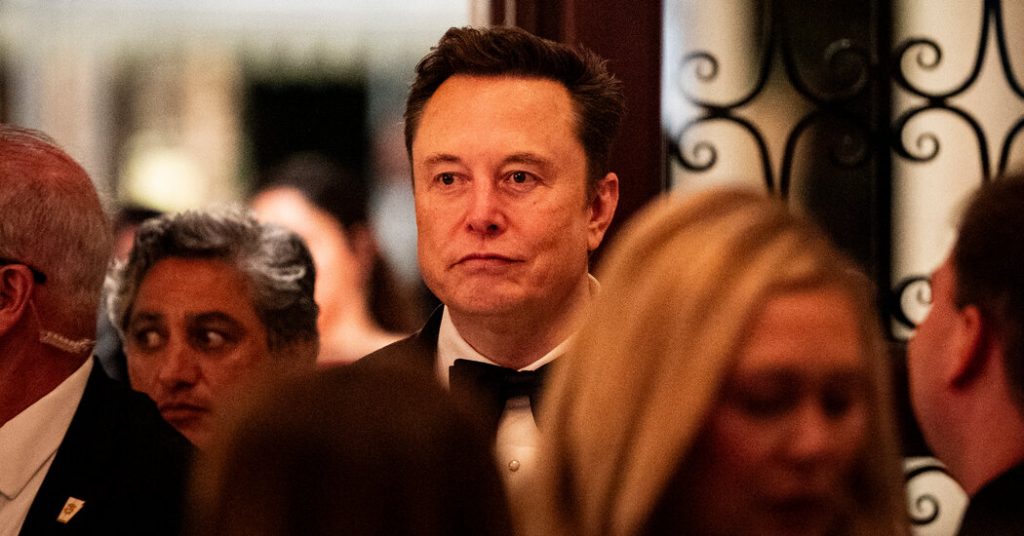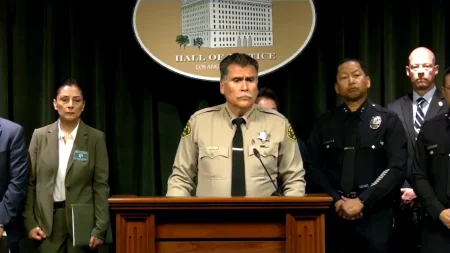Elon Musk’s recent foray into British political discourse, particularly his amplification of allegations surrounding grooming gangs, has ignited a firestorm of controversy, exposing fault lines within the media landscape and raising questions about the motivations and impact of powerful figures in shaping public narratives. While originating within the fringes of far-right online communities, these narratives have found a disturbingly receptive audience among mainstream politicians and media outlets, highlighting the vulnerability of democratic discourse to manipulation and the erosion of trust in established institutions. Musk’s accusations, often presented without substantiation, tap into pre-existing anxieties and prejudices, creating a fertile ground for the spread of misinformation and the demonization of political opponents.
The willingness of certain segments of the British press to embrace and amplify Musk’s pronouncements speaks to a broader trend of declining journalistic standards and the increasing polarization of the media. Driven by a combination of political bias and a thirst for sensationalism, some outlets have readily disseminated Musk’s claims, often without rigorous fact-checking or contextualization. This echoes the tactics employed by Rupert Murdoch during his rise to media dominance in the 1970s, raising concerns about the potential for a new era of unchecked media power concentrated in the hands of a single individual. The pursuit of clicks and ratings has seemingly superseded the commitment to balanced and accurate reporting, further undermining public trust in the media and exacerbating societal divisions.
The accusations leveled by Musk and his supporters paint a picture of a vast conspiracy to suppress information about grooming gangs, implicating both the media and political establishments in a coordinated cover-up. This narrative, however, stands in stark contrast to the reality of extensive media coverage of these crimes, dating back over a decade. Numerous newspapers across the political spectrum, from tabloids to broadsheets, have published investigations and reports on these abuses, highlighting the failures of law enforcement and social services to adequately protect vulnerable young girls. This documented history of reporting directly contradicts the notion of a media blackout and underscores the manipulative nature of Musk’s claims.
The eagerness with which some politicians have seized upon Musk’s allegations reveals the cynical opportunism that often characterizes contemporary political discourse. By echoing these unsubstantiated claims, politicians can exploit public anxieties and prejudices to score political points against their opponents, further polarizing the electorate and eroding trust in democratic processes. This willingness to prioritize partisan advantage over truth and accountability represents a dangerous erosion of democratic norms and threatens to undermine the foundations of a healthy and informed public sphere.
The parallels drawn between Musk and Murdoch highlight the potential for immense influence wielded by individuals with vast wealth and access to powerful media platforms. While Musk’s current focus may not be on directly controlling the British press, his ability to shape public narratives and discredit established media outlets poses a significant threat to the integrity of information ecosystems. By sowing distrust in traditional sources of news and information, Musk and others like him create a vacuum that can be filled by alternative, often less reliable, sources, increasing the susceptibility of the public to misinformation and manipulation.
The case of Elon Musk’s intervention in British political discourse serves as a stark reminder of the fragility of democratic institutions and the importance of a vigilant and critical citizenry. The willingness of politicians and media outlets to amplify unsubstantiated claims, driven by partisan motives or the pursuit of sensationalism, represents a grave threat to the health of democratic societies. It underscores the urgent need for greater media literacy, robust fact-checking mechanisms, and a renewed commitment to holding those in power accountable for their words and actions. The erosion of trust in established institutions and the rise of alternative sources of information create a fertile ground for the spread of misinformation and the manipulation of public opinion, highlighting the vital role of a free and independent press in safeguarding democratic values.












